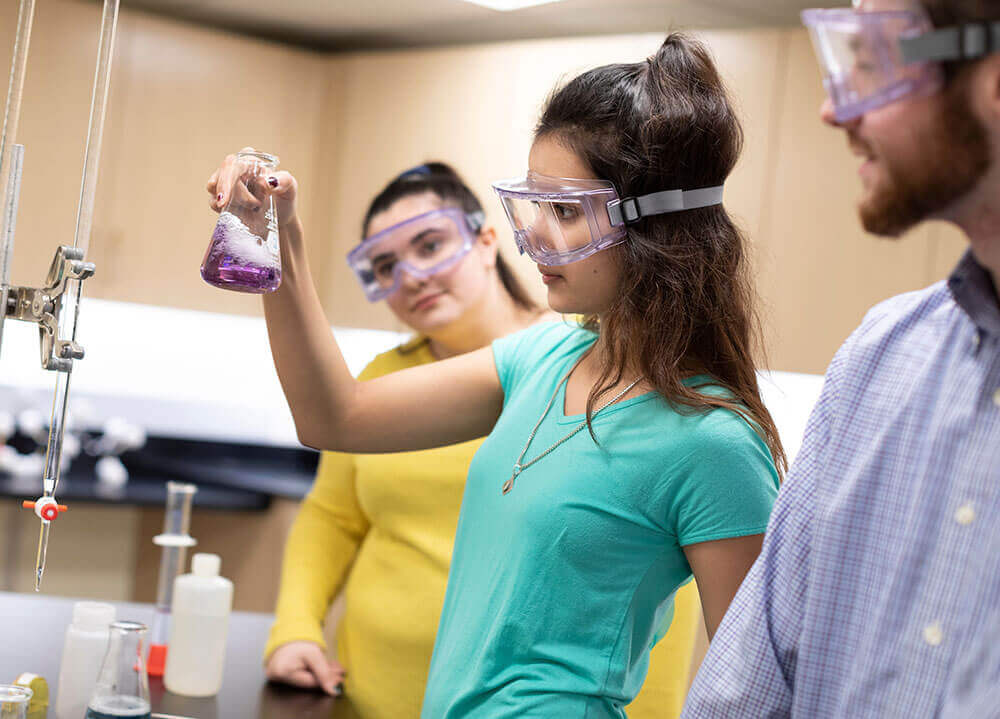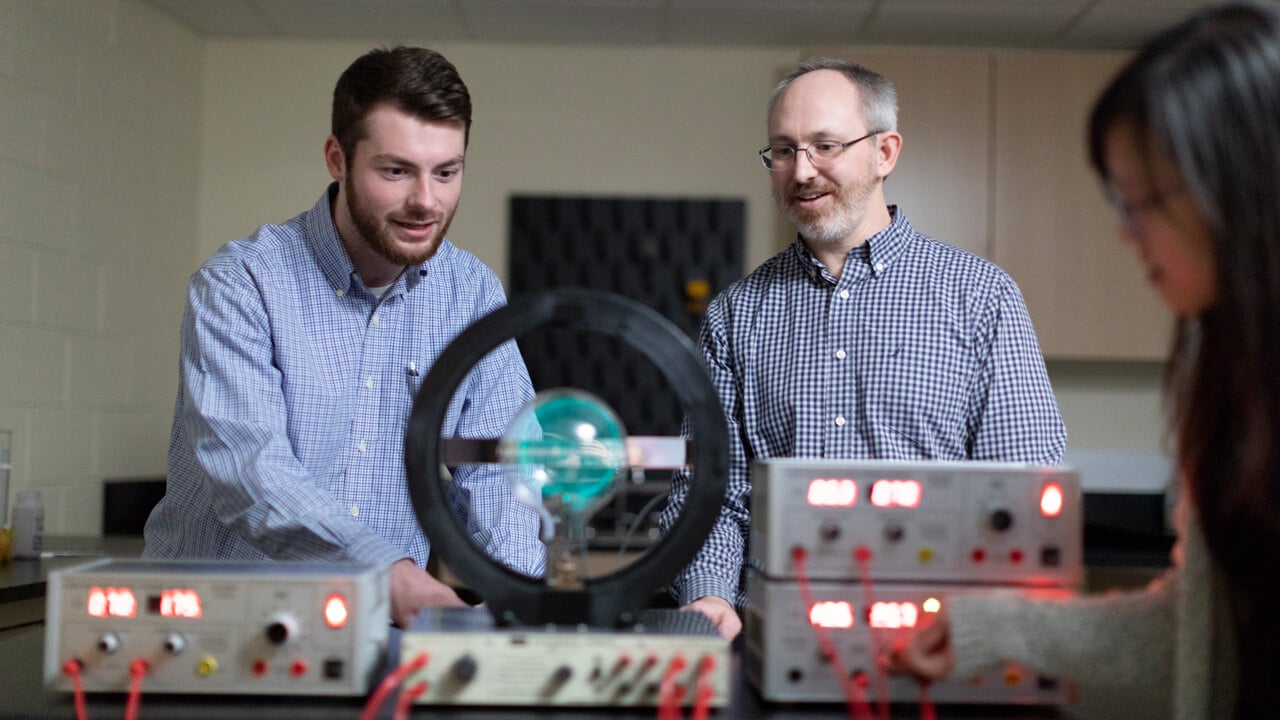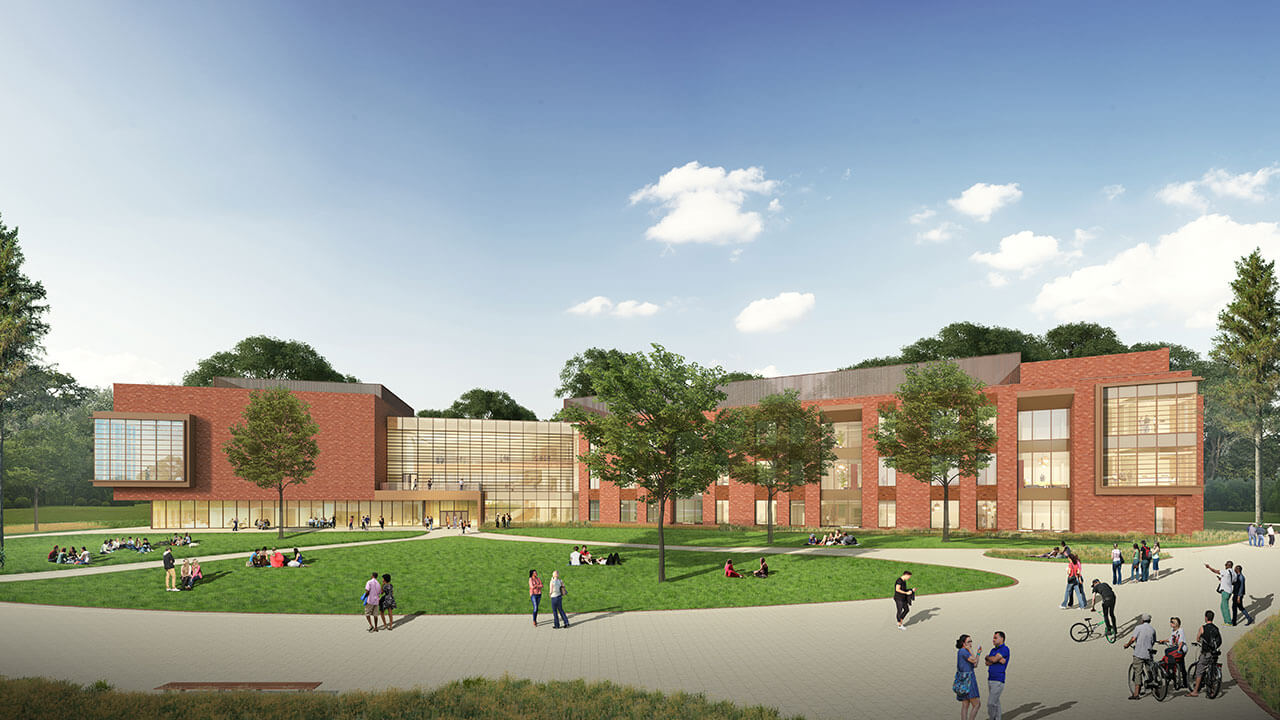Laboratory research is at the heart of a career in the biochemistry field. Biochemists investigate the links between DNA and diseases, perform forensic work for government agencies and public companies and troubleshoot sensitive equipment in a laboratory.
Examine molecular mechanisms
A BS in Biochemistry gives you the skills to become a research associate studying the way molecules react to one another, or a laboratory technician analyzing cancer cells in the pursuit of a cure. You may become a chemist in a food development laboratory, write for a scientific journal or work for a consumer products company developing a more effective sunscreen.
We teach you to evaluate and interpret data, hone your analytical thinking skills and present the results of your scientific research to large audiences. An independent research project strengthens the skills you develop in the classroom. Companies such as Alexion, CT Agricultural Station and LabSynergy offer real-life work experience in the form of internships.
Your degree in biochemistry qualifies you to work as a research assistant in a chemical, pharmaceutical or academic research laboratory upon graduation, but you’ll also have the foundation to pursue an advanced degree in several fields including medicine, veterinary medicine or law.




